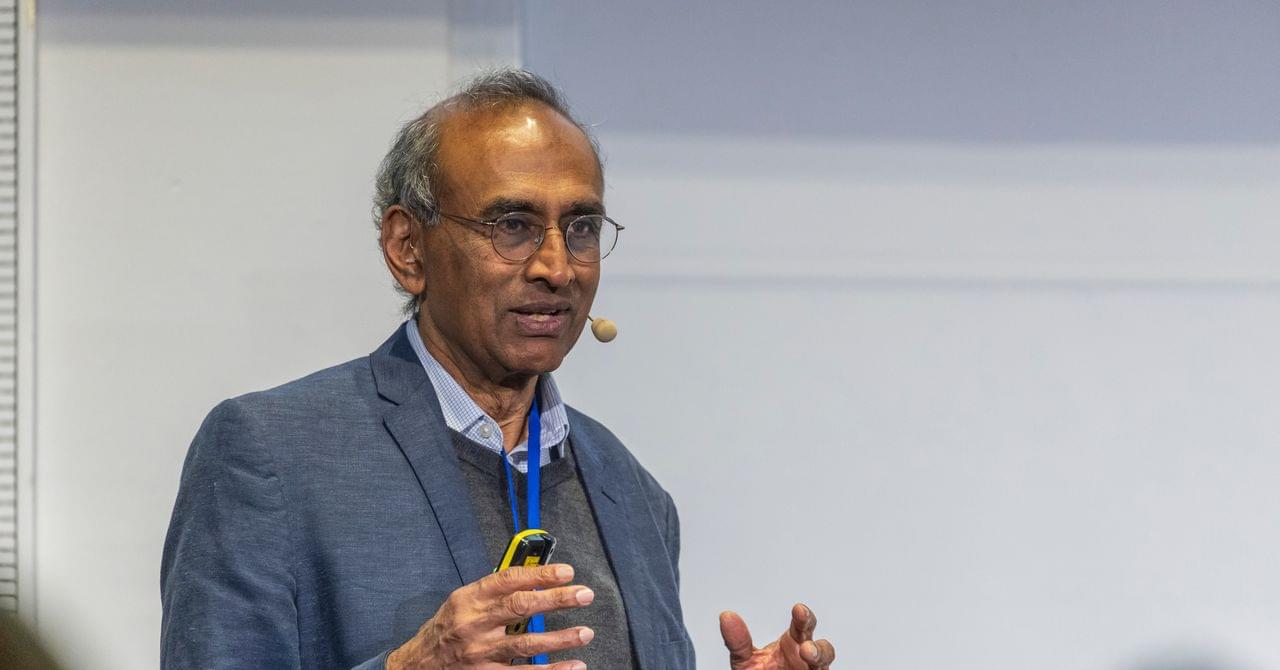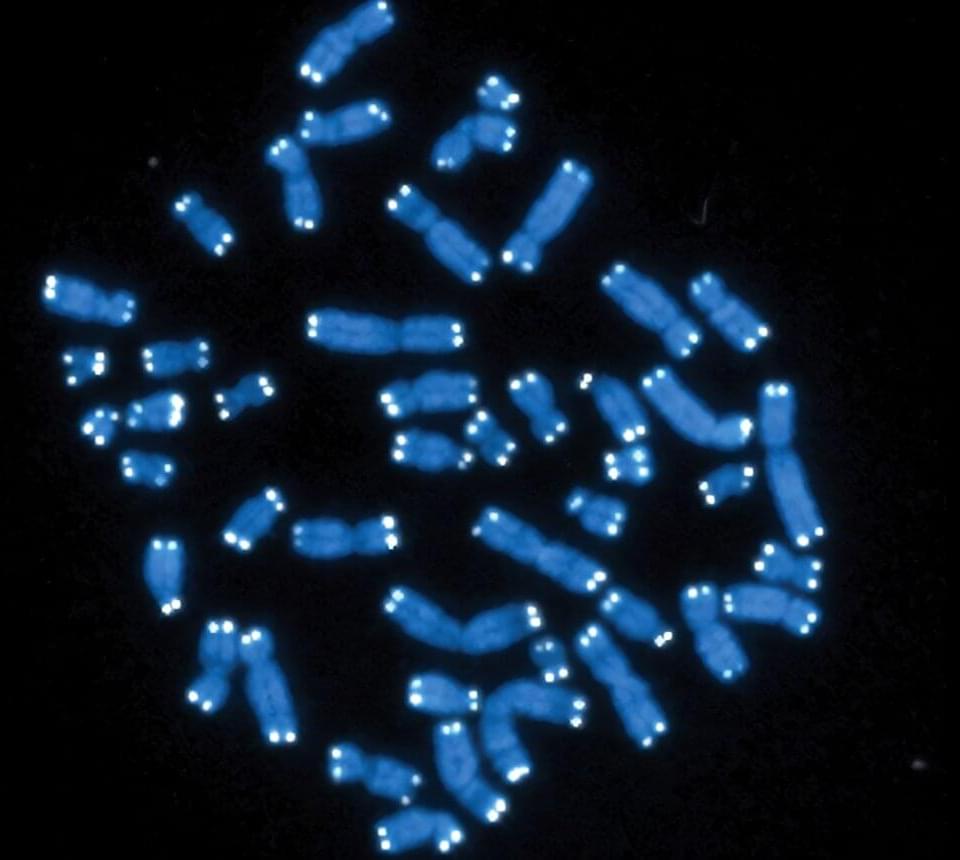As the first generation that interacted with digital technology reaches an age where dementia risks emerge, scientists have asked the question: Is there a correlation between digital technology use and an increased risk of dementia? With the phrases “brain rot” and “brain drain” circulating on social media, it would appear that most people would assume the answer is yes.
However, a new study in Nature Human Behavior by neuroscientists at Baylor University and the University of Texas at Austin Dell Medical School reveals the opposite—digital technologies are actually associated with reduced cognitive decline.
The study, “A meta-analysis of technology use and cognitive aging,” was sparked by the ongoing concern about the passive activity of digital technologies and their relation to accelerating risks of dementia. Study co-authors are Jared F. Benge, Ph.D., clinical neuropsychologist and associate professor of neurology at Dell Medical School and UT Health Austin’s Comprehensive Memory Center within the Mulva Clinic for the Neurosciences, and Michael K. Scullin, Ph.D., associate professor of psychology and neuroscience at Baylor.





